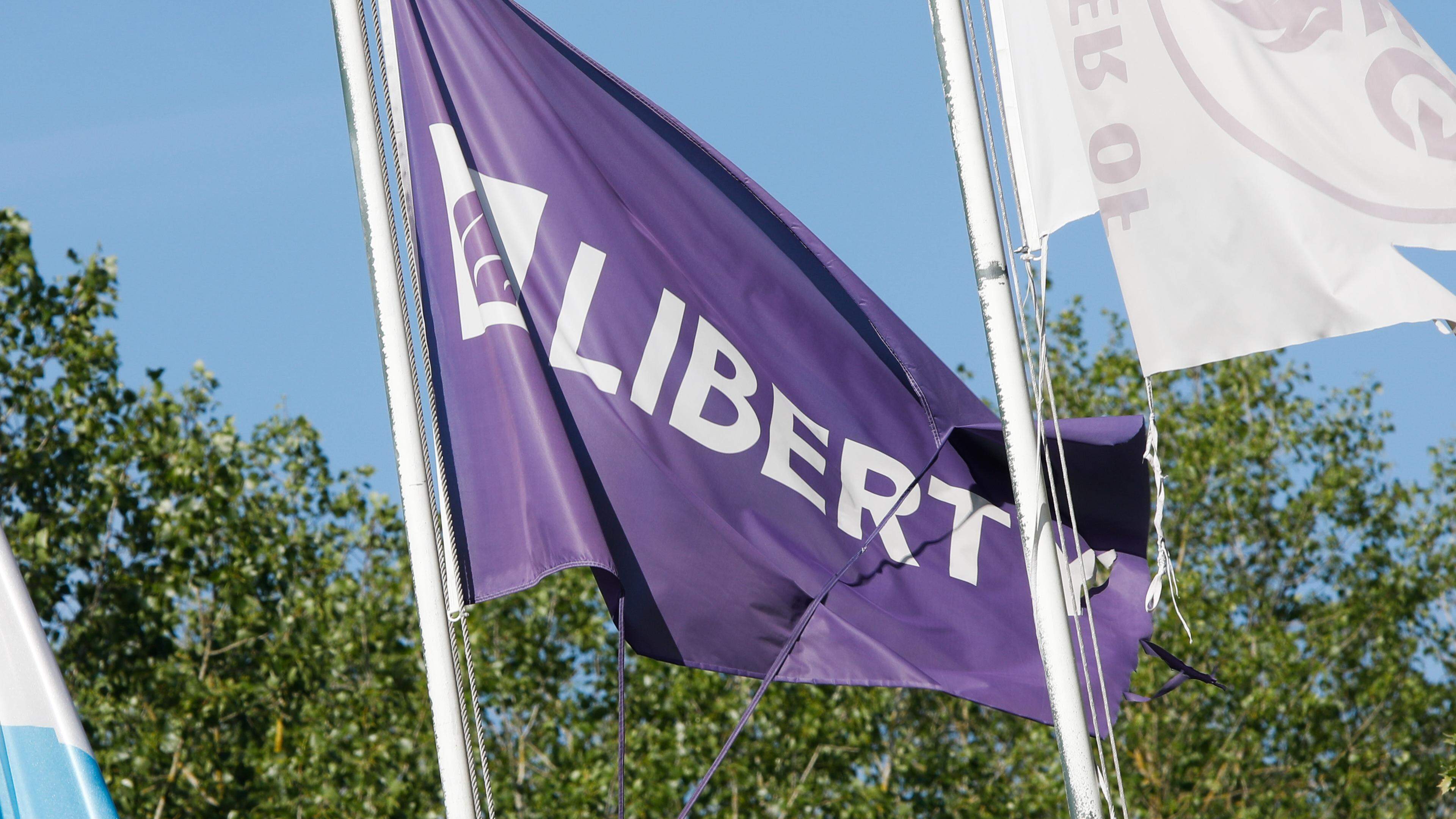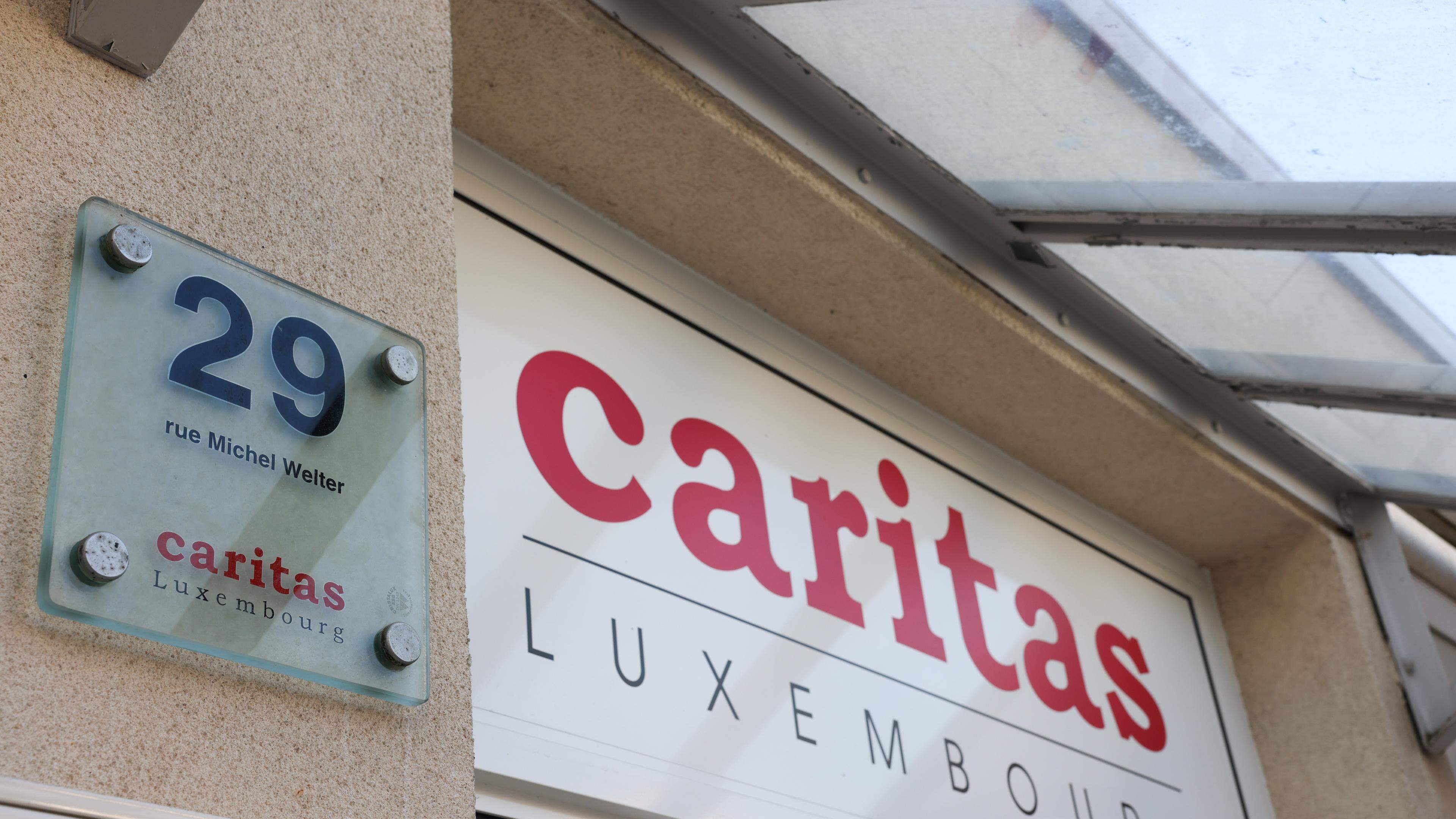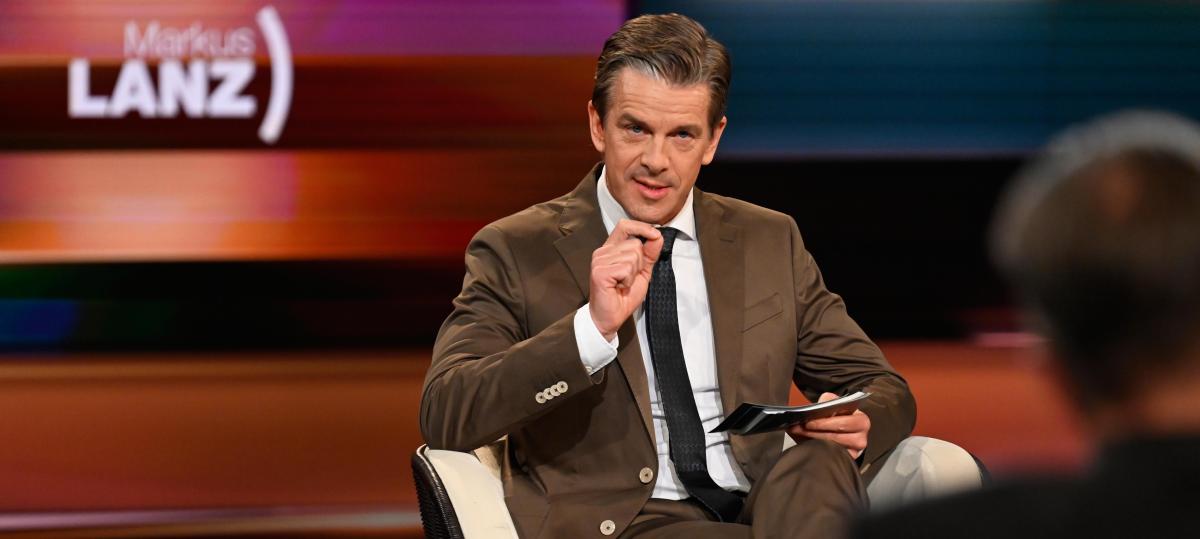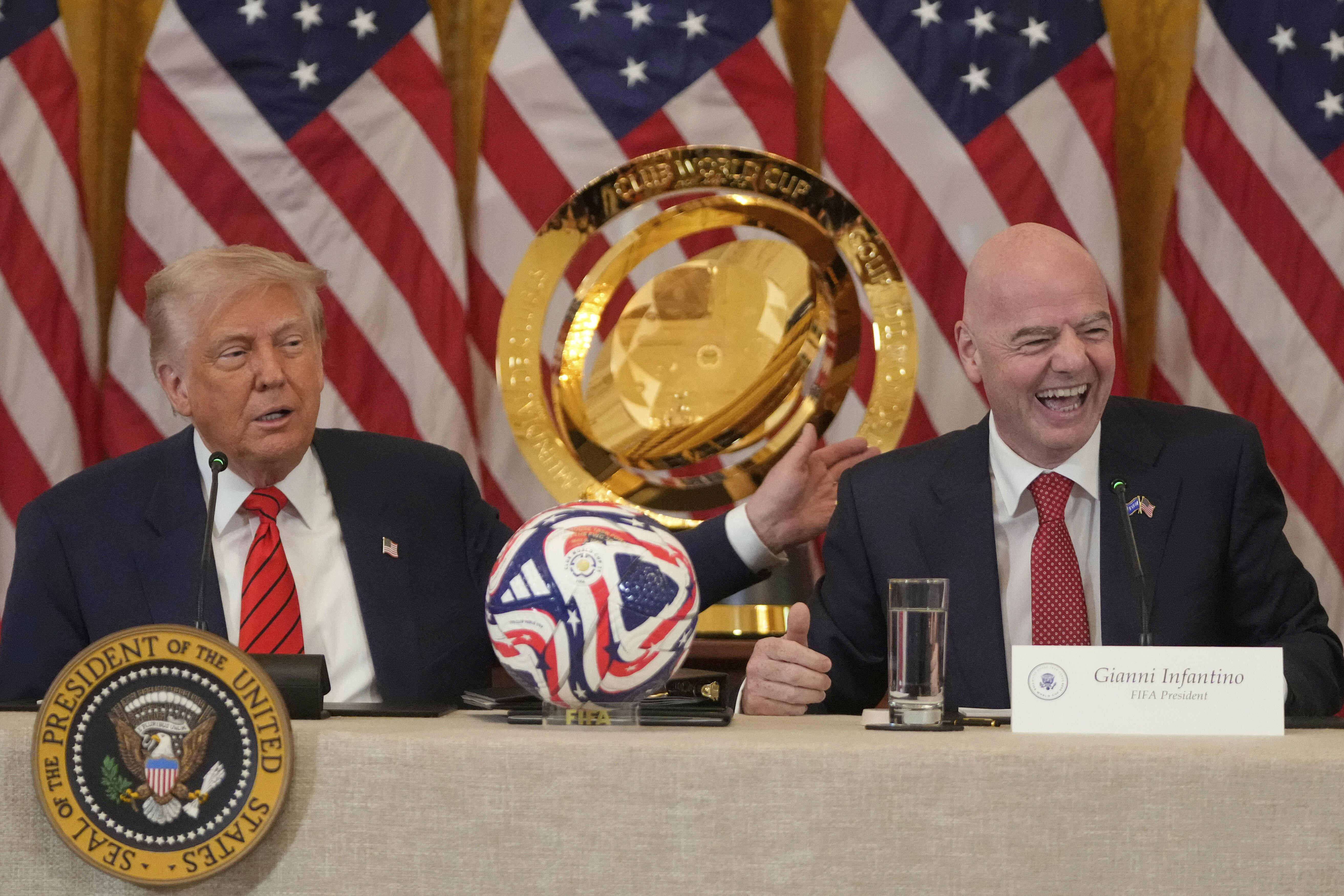EU Commission: Prohibition for all Russian gas imports
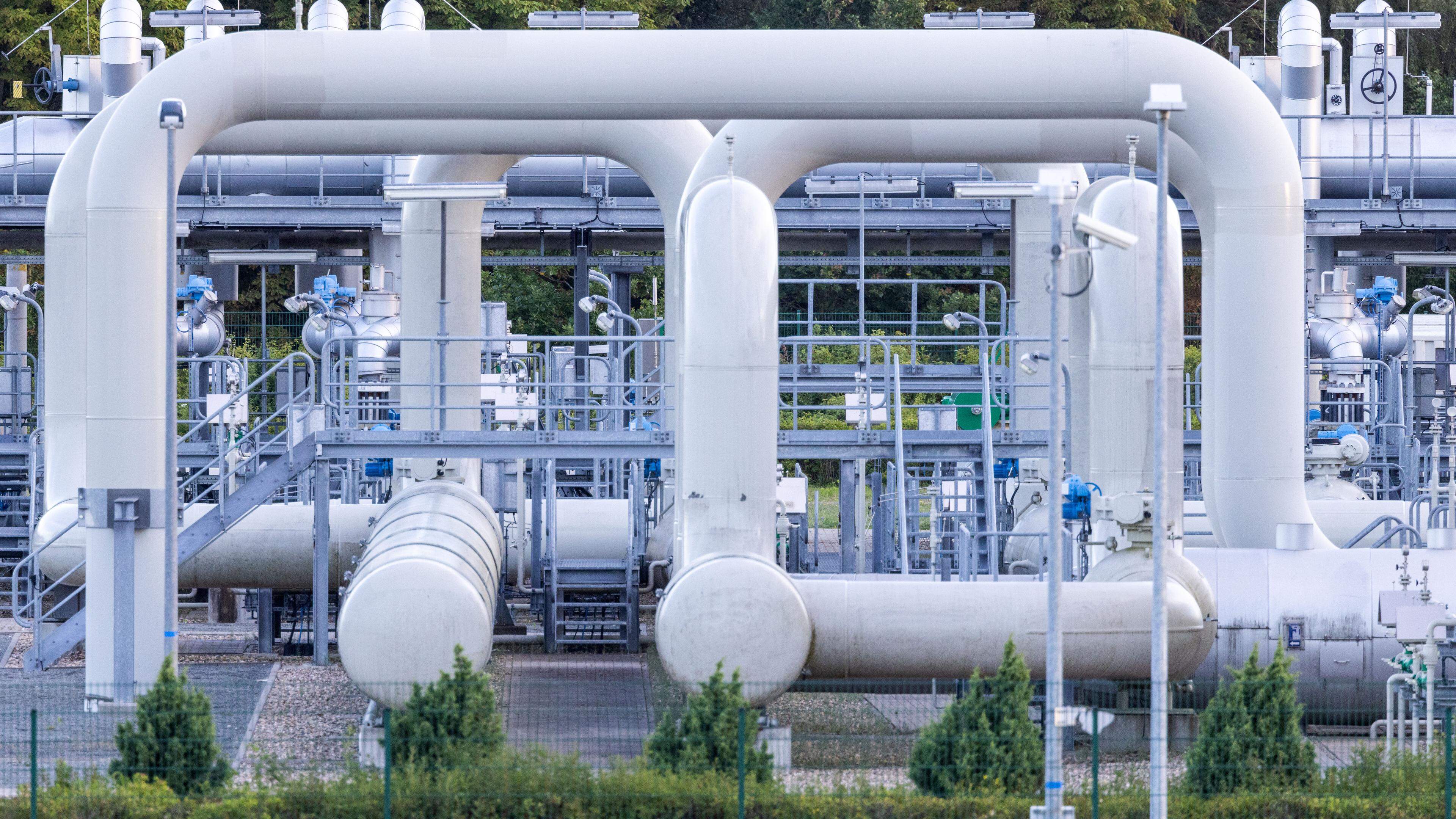
The EU Commission wants to fully prohibit the import of Russian gas into the European Union by the end of 2027. In June, the member states are to be presented to specific measures for this, as can be seen from a plan of the authority presented in Strasbourg for the end of Russian energy imports. According to the EU Commission, gas deliveries from Russia accounted for almost 19 percent of all imports in 2024.
If the import restrictions are proposed as proposed by the Commission, the federal German energy company Sefe could also be affected. Based on an existing, long -term contract, it further imports liquid gas from Russia into the EU. The company Sefe used to be called Gazprom Germania, was a daughter of the Russian state group Gazprom and was nationalized as a result of the Russian war of aggression on Ukraine and the energy crisis.
At first she did not share how exactly the Commission wants to ban imports. It would be conceivable, for example, that it uses the possibilities of EU trade law. An import ban on sanctions is unlikely because this would require a unanimous decision by the EU countries and in particular Hungary rejected such a step until the end.
What options does the EU have to react to Trump’s tariffs?
According to the Commission, consumers do not have to worry. The authority wants to ensure that the measures for the stop of Russian energy imports are implemented in such a way that there are only minimal effects on prices and there are no supply bottlenecks.
Commission wants to prohibit all contracts
The Commission wants to gradually prohibit Russian gas. For this purpose, on the one hand, it should initially be prohibited to conclude new delivery contracts for Russian gas and to obtain the spot market using existing contracts. The Spotmarkt is the trading center for electricity available at short notice. The prohibition should come into force by the end of the year at the latest.
In addition, the Commission also wants to prohibit the import of gas from Russia through existing long -term delivery contracts. These imports would have to be gradually discontinued due to the larger quantities, the Commission said. Such a ban should come into force at the latest at the end of 2027 at the latest. The Commission wants to involve and ensure that the affected member states are « based on an appropriate evaluation of the legal and economic effects in order to give the companies the necessary security », as they announced.
According to the EU Commission, around two thirds of the Russian LNG and Pipeline gas imports are based on existing long-term contracts. The rest is delivered on a short-term spot basis.
EU wants to ban Russian gas imports
So far no sanctions against gas
The background of the planning is the Russian attack on Ukraine in February 2022. In a row, the EU issued extensive import bans for Russian energy sources such as coal and oil. So far, there have been no gas sanctions due to dependencies. As a liquid gas (LNG) and via the Turkstream pipeline, gas is currently still getting into the community.
We will no longer allow Russia to use energy against us as a weapon.
Dan Jorgensen
EU energy commissioner
« Today, the European Union sends a very clear message to Russia, » said EU energy commissioner Dan Jorgensen. « We will no longer allow Russia to use energy against us as a weapon. We will no longer allow our Member States to be blackmailed. We will no longer indirectly help to fill the Kremlin war treasury. »
German company has an important role
The German company SEFE (Securing Energy for Europe GmbH) has an important role in the import of LNG into the EU. According to a report from the beginning of the year, SEFE imported more than six times as much LNG into the European Union last year. According to this, 5.66 billion cubic meters from Sefe from Russia imported liquid gas in the French Dunkirk on the English Channel.
Sefe states that there is currently no legal basis for the termination or suspension of an existing old contract between a Russian supplier and the company, since Europe has not imposed sanctions against the import of Russian LNG to Europe. Even if Sefe does not take the gas, the agreed quantities would have to be paid. The non -acceptance would enable the supplier to sell these quantities again, which would support the Russian economy, it said.
Commission also wants to end for Russian uranium and oil
Russian oil and uranium also come to the EU. In the area of nuclear energy, the Commission wants to submit proposals for measures against Russian imports of enriched uranium. In addition, restrictions for new delivery contracts for uranium, enriched uranium and other core materials from Russia are also planned by the Euratom supply agency (ESA). In terms of oil, the schedule finally provides for new measures to take action against the shadow fleet, with which Russia deals with sanctions and a price limit.

